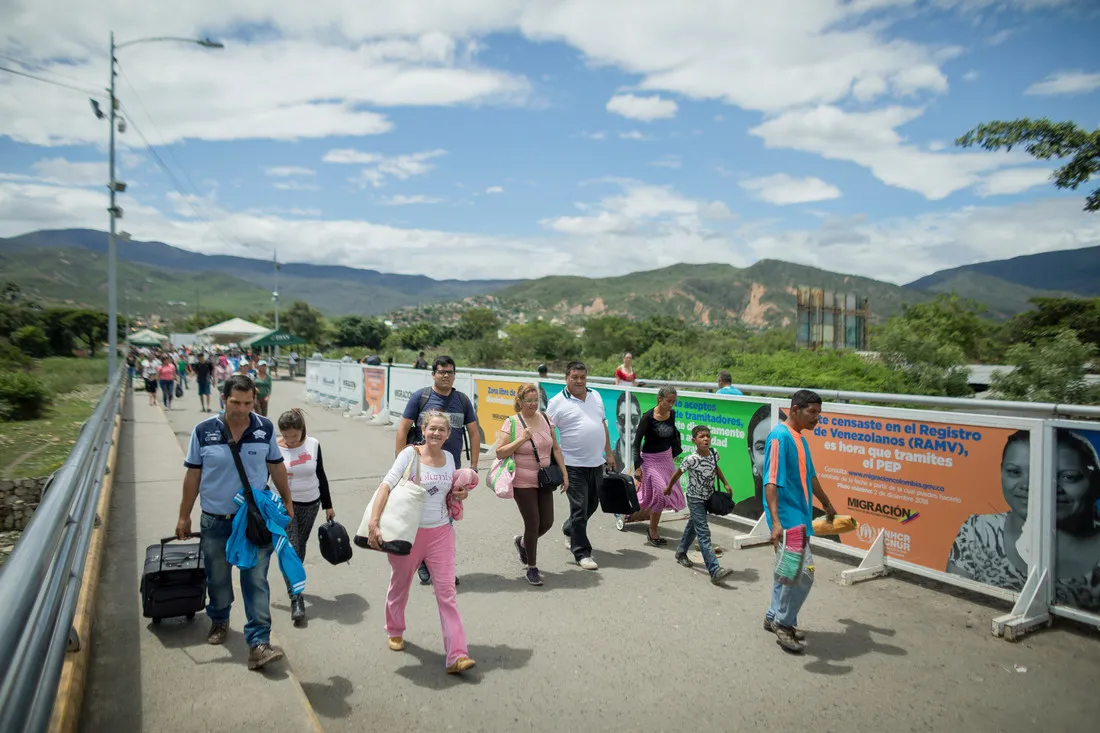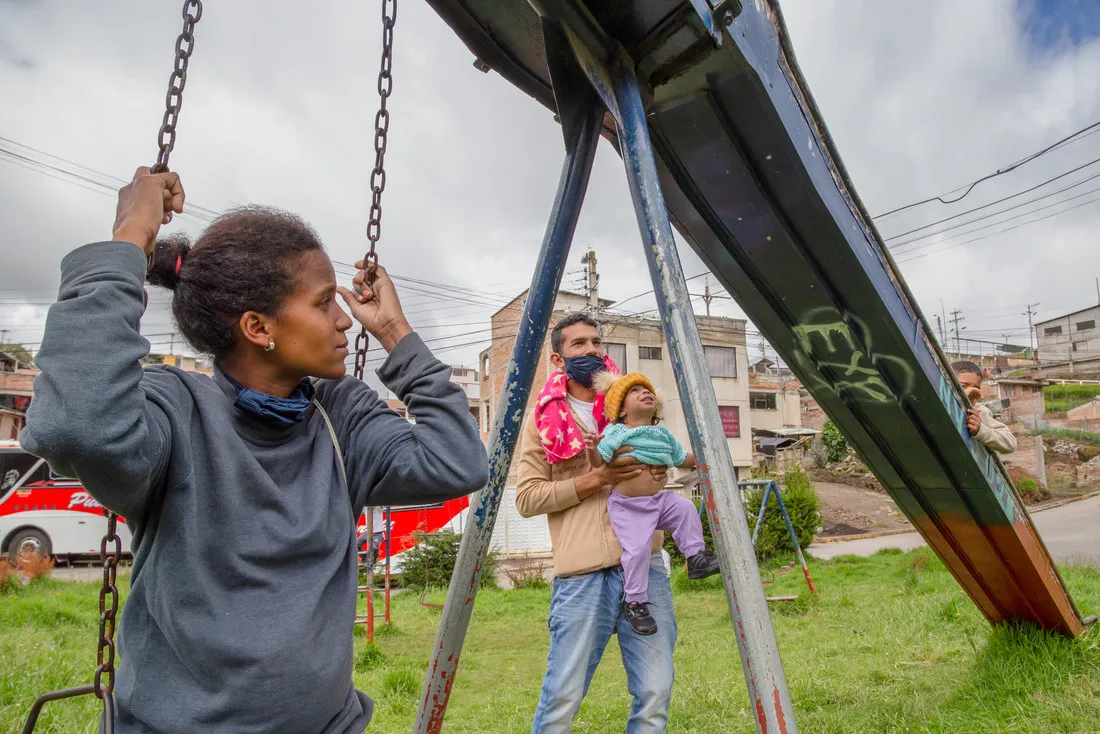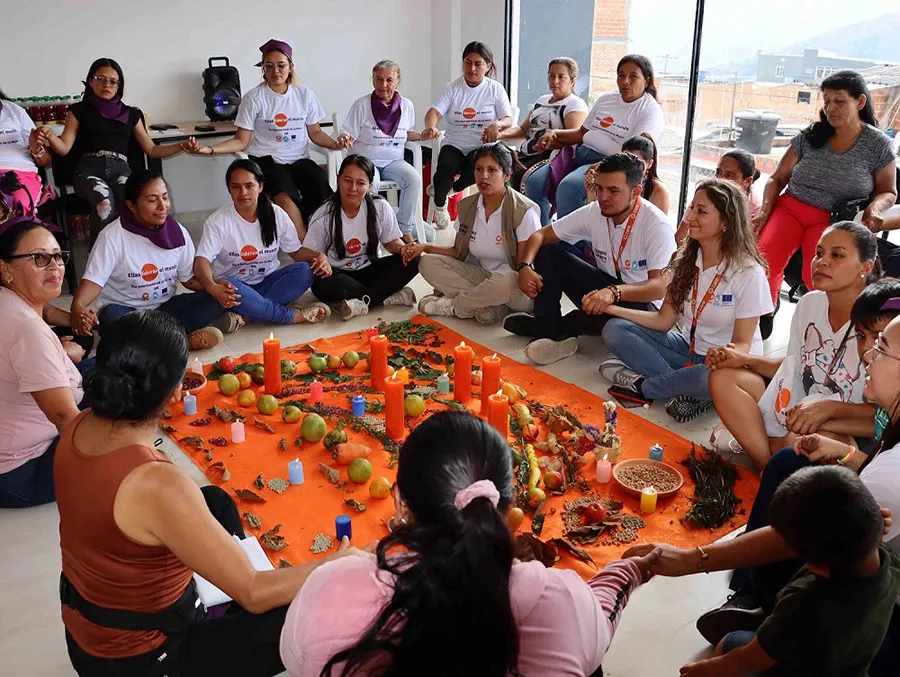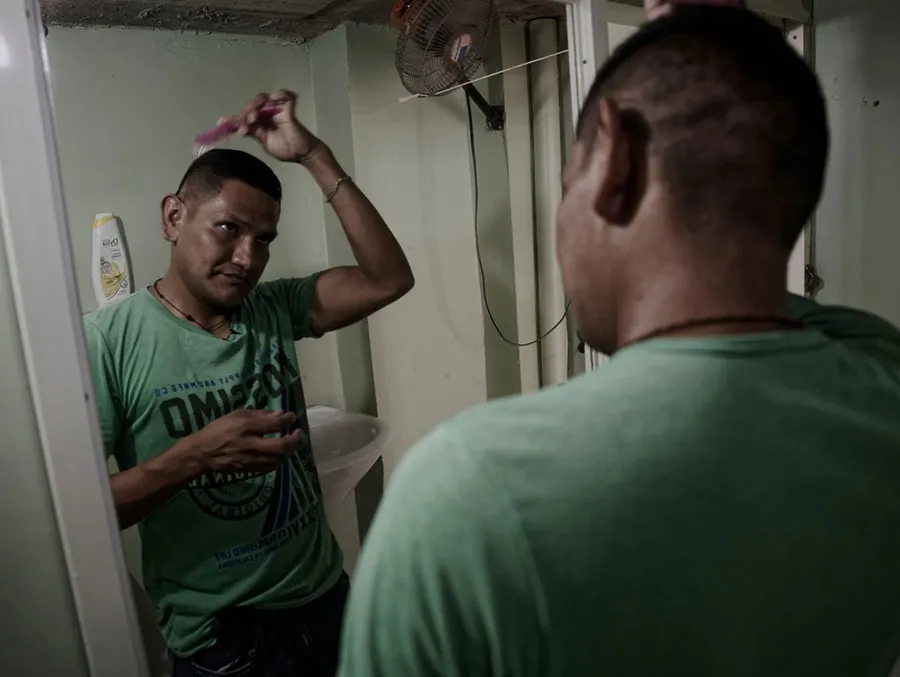About the Venezuela crisis
Most of the Venezuelan refugees have relocated to nearby countries, with Colombia, Peru, and Ecuador being the top destinations, ranked from highest to lowest in terms of the number of arrivals. People had to leave Venezuela because of political instability, hunger, inflation, poverty, health needs, and soaring crime rates.
Currently, over 2.8 million Venezuelans live in Colombia. The mass exodus of people has overwhelmed the country’s health and education systems, among others, and has fueled rising xenophobia in the country. Colombia is already grappling with a prolonged armed conflict and is recognized as one of the most unequal nations in the hemisphere. The influx of refugees into Colombia is projected to increase.
Conversely, the number of refugees allowed to enter Ecuador and Peru has drastically decreased, leaving Venezuelans more vulnerable to abuse, violence, and trafficking. This decline also restricts their access to essential services such as health care, education, food security, and protection. In 2019, Ecuador introduced new legal measures that require Venezuelans to have a visa to enter the country. The Peruvian government also put in place similar requirements in 2024 for Venezuelan wishing to enter the country.




